Children grow up day by day and learn new skills every day:
Can climb, sit, walk…
Can take spoons, brush teeth, wear shoes…
Parents are happy in their hearts and will sincerely praise them every time:
Baby! You are amazing!
Baby! You are so clever!
Children need encouragement. The more praise they are, the more confident they are and the smarter they are. However, it is really an art to praise children.
If you don’t boast well, it will really have the opposite effect on children.
Today, we will invite Chang Run, an education expert with 8 years of kindergarten teaching experience, to talk with you about how to praise children, who are smarter and more confident.
Praise [you are great] [you are so clever] will make children unable to withstand setbacks.
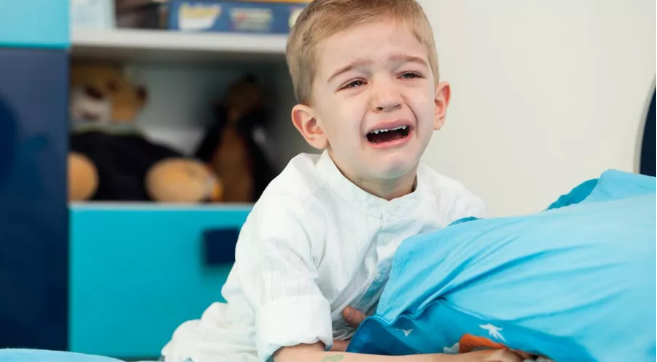
[You’re awesome] [hello is smart]. Although children will be flattered at first, they will feel this way after listening too much:
What my parents care most about is whether I am good or not and whether I am smart or not. They will also judge whether I am good or not and whether I am smart or not by observing my performance.
Children who are often praised in this way will become unable to withstand setbacks.
I met a child in kindergarten teaching. After painting class, the child would hold up the painting and chase the teacher and ask, “See if I draw the best?” ]
If there is no reply [good painting], the child will be unhappy or even lose his temper.
Only after communicating with parents did I know that [you are the best] is the regular praise of parents. Children have already accepted this setting, so they cannot accept themselves [not the best].

Always being praised [you are awesome] [you are so clever] will also make children dare not try.
Sometimes, children are afraid of not performing well in front of their parents and being considered not smart or good. Therefore, when confronted with things that are not sure of success, these children usually have no enthusiasm and love to say [I won’t].
Not only are [you are awesome] [hello is smart], all subjective praise for children like this, such as [you are so beautiful] [hello is awesome], will be counterproductive.
Therefore, parents, if they don’t think about how to praise their children for the time being, it is better not to praise them first.
In fact, it is not difficult to have a better praise method. It is OK to copy these four principles.
Praise specific actions and processes, not results.
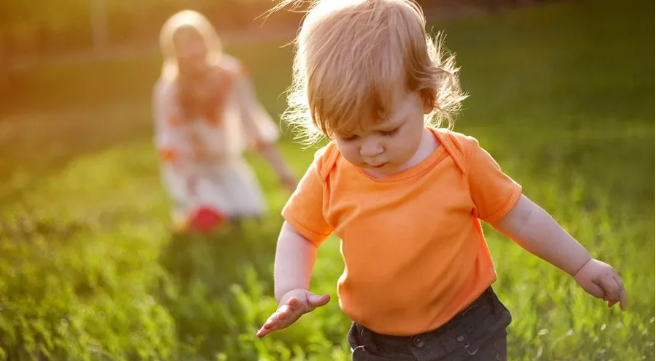
When you are delighted with a child’s behavior, you must describe the behavior and point out the benefits of the behavior, such as:
Seeing the children tidy up their own toys, they can say-
Mom saw you put the toy back in its place. It will be easy to find it next time you play. It’s great!
Seeing a picture drawn by a child, you can say-
Wow, when you draw, you use a lot of colors and different painting methods, including straight lines, dotted lines and dots!
Praising specific behaviors can not only help children see their concrete progress, but also help children learn to sum up experiences from past experiences.
Praise the progress compared with oneself, and do not blindly compare with others.
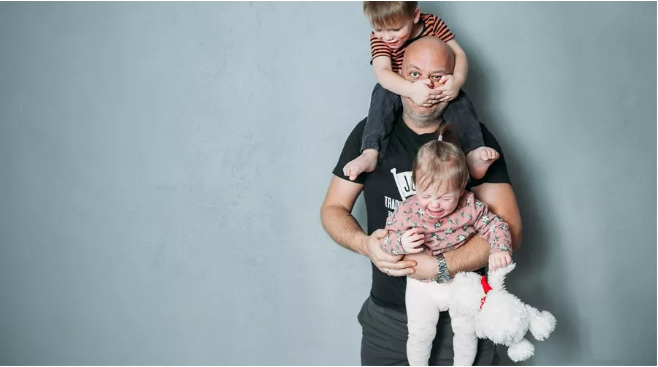
When parents praise their children, they can also praise their children’s progress in combination with their children’s situation.
Seeing that the child can walk three steps in a row, it can be said-
It’s great that you can walk 3 steps in a row without holding things.
The child speaks well and can say-
You just said [Mom, I want to stink], and you said six words at a time. This is an improvement that has never been seen before. High five!
Praising a child’s new progress can help him see the process of his continuous change and growth, know that he will never attend the meeting for everything, and thus be willing to learn what he did not know and challenge what he did not do well.
On the contrary, compare the baby with other people, for example, [you danced best just now, better than your parents, grandparents! ] Will make the baby have pressure, feel must be better than others.
Praise children’s intrinsic motives and do not use rewards as temptations
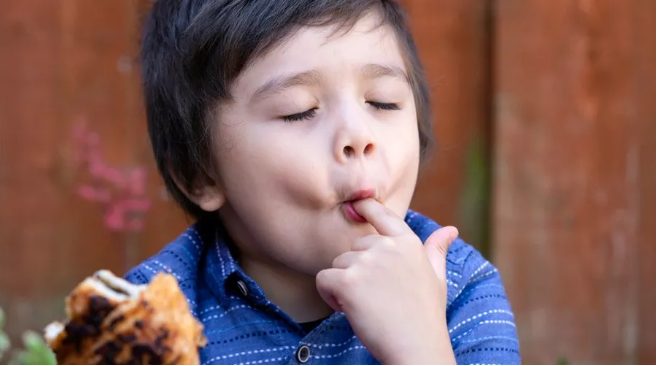
When praising, the emphasis is not on results, but on progress and affirmation of the baby’s intrinsic motivation.
The child reads the picture book quietly by himself, and you can wait for him to finish reading it and say-
You have read 3 books in a row, and you seem to enjoy the feeling of reading very much.
If the child studies very hard when attending the training class, you can say-
When you are in class, your eyes are always fixed on the teacher and you follow the music to do all kinds of actions. I feel that you like it very much.
Praise intrinsic motivation can strengthen and continue children’s interest.
On the contrary, if the child does well, what we emphasize is not the intrinsic motivation but the external reward: [You read 3 books, great! Reward you with a small sticker! ] will make children think that reading is to obtain small stickers and lose interest in reading itself.
Praise the truth and not exaggerate the facts.
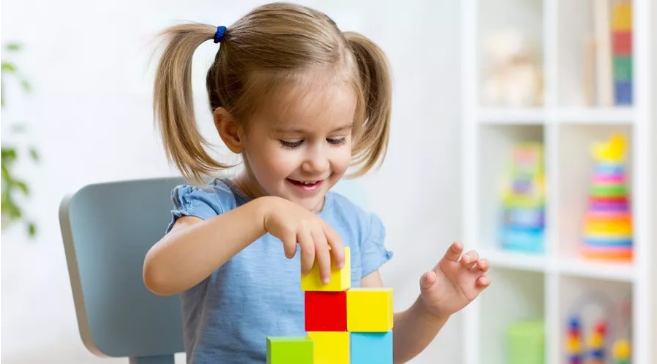
A father and his 2-year-old son threw the ball in the park.
The child casually threw it to his father, but his father praised it every time. Nice throw! [Even if the child throws it wide, he will praise it [almost, it is also great, come again.]
As a result, the child played twice again and found it boring, so he stopped playing.
This kind of situation is very common, when the child clearly does not have what to praise, don’t be embarrassed to praise, the child will be very useful when he is young, and when he is older, he will feel that the parents are perfunctory to himself.
Wait until the child really makes progress, then praise.
Appropriate approach and timing are important

Praise is not to say that it is a procedural process. Different children or each child has different reactions to praise at different stages of growth.
We should observe the child’s reaction and adjust the way and timing of praise.
Some children are introverted and will feel embarrassed to hear the praise in public. We will tell him quietly in private.
Some children are demanding of themselves and everything is perfect. In this case, we have to wait until the child feels that he has done well before praising him. Only when their sense of accomplishment is recognized can their self-confidence increase.
Parents’ correct and appropriate praise can make children smarter and more confident, and can also make children feel their parents’ attention to themselves:
Although my mother (father) is very busy, they really love me when they see my progress.
